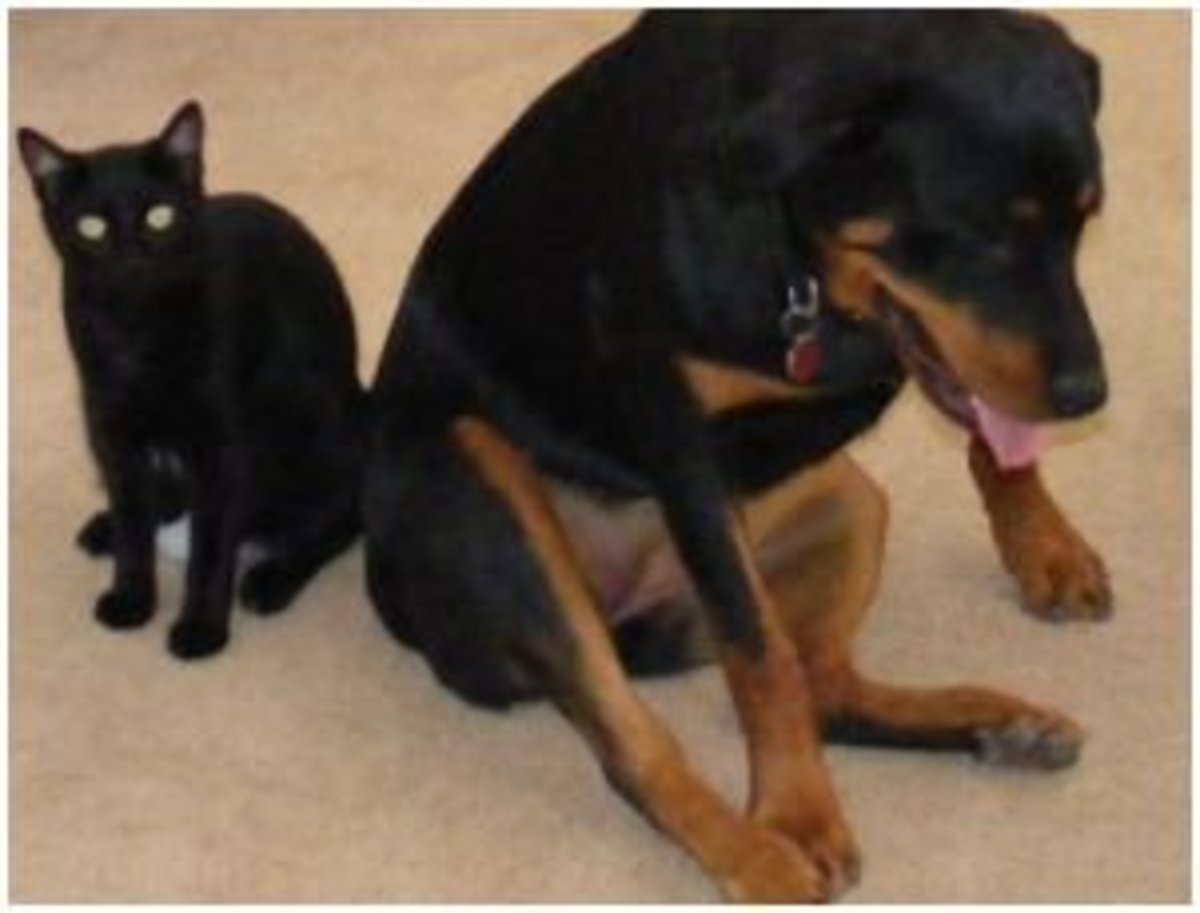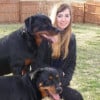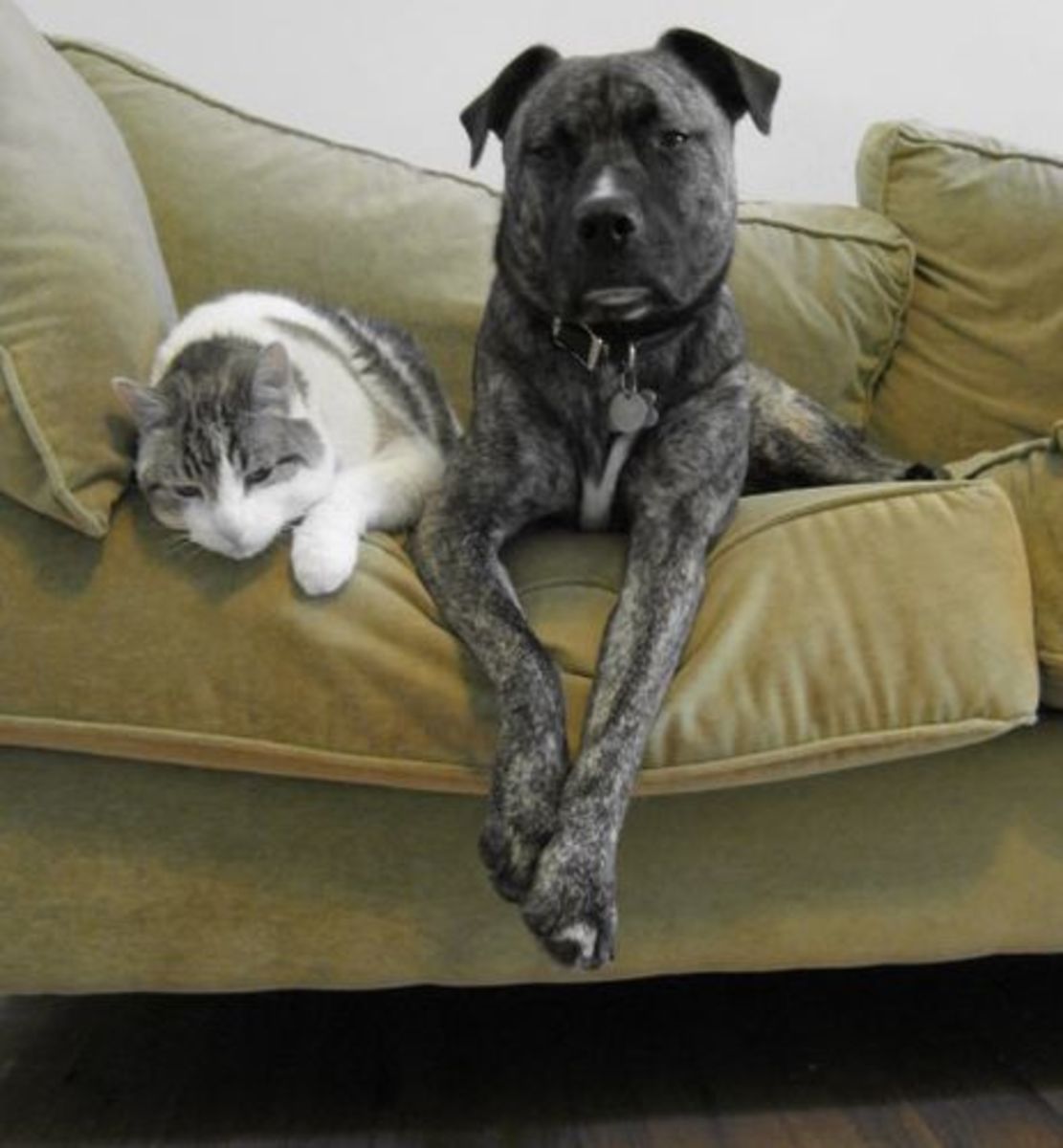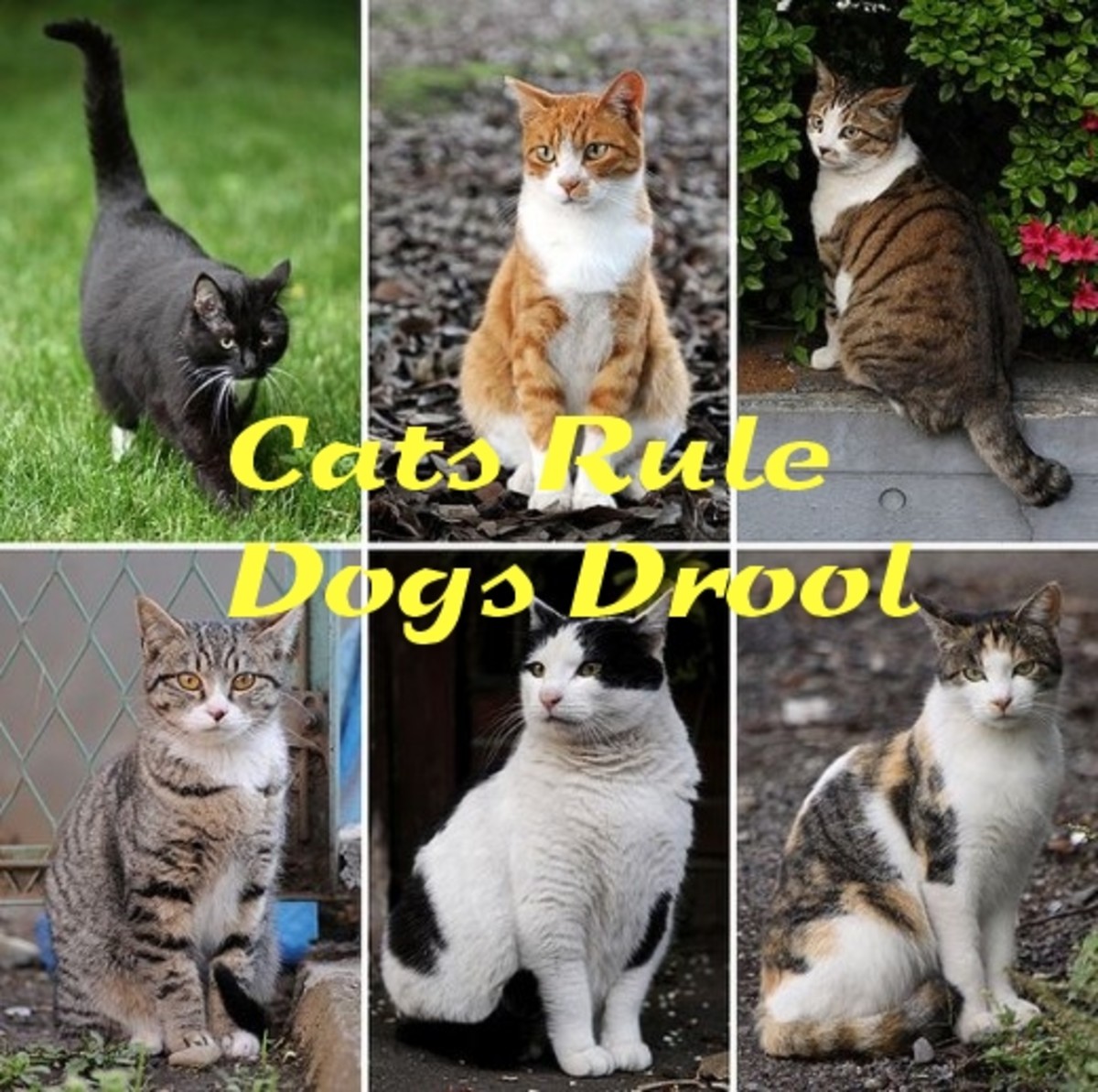Why Cats and Dogs do not get along
A dog tends to wag its tail in happiness, a cat tends to lash its tail when nervous. A cat purrs when happy, a dog growls when angry. Two species, two whole different methods of communicating feelings. No wonder why cats and dogs have a hard time getting along!
Cats and dogs have been been living throughout history as two separate entities that did not require any interaction. However, humans at some point, along the way, decided to allow these two different species to co-habitat and also get along peacefully.
Dogs and cats may seem to have a lot in common: anatomically, they share four legs, the same type of body shape (only much smaller in cats), a tail and good hearing aids. However, cats have been loners for most of their history while dogs have lived in social packs. Such social packs were composed of other dogs with a well respected alpha pack leader.
Nowadays, dogs no longer live in packs but the owners have effectively replaced the alpha leader role. Cats on the other hand, do not have such social needs, they do tend to live with other cats, but they do so just to share territory. Cats therefore, are attached to their place rather than their social group. They have remained independent creatures that have done well without human interaction.
Dogs therefore are gregarious social beings that do well even when taken out of their home environment as long asthey are with their owners, whereas, cats are solitary, territorial beings that do poorly when taken out of their familiar environments.
One of the main reasons why cats are so home bound is because cats tend to put their scent on familiar items by "marking' them as their property through some special glands around the cats cheeks that release pheromones. Pheromones allow cats to feel relaxed. When a cat is purring and pushing its cheeks against your legs it is basically marking you as his or her belonging.
Cats over all are peaceful beings. They are not passionate about clutter, loud noises and confusion. Dogs on the other hand are full of excitement, they can be noisy beings that can create havoc in a cat's life. For this reason owners of dogs and cats should allow their cats to have a safe haven to retreat to when they feel like they need some deserved peace and quiet. A cat tree may work wonders as they may be high and unreachable by curious noses.
All these basic differences have created different communication styles and different needs in both dogs and cats.
Dogs have been effective hunters and have developed a strong prey drive. You can see this when you are walking your dog and you notice your dog has suddenly its ears perked up and a strong instinct to chase squirrels. Chasing is deep inherited in a dog's genes. So when a dog sees a cat its instinct is primary instinct may be to chase.
Cats on the other hand are agile beings that have learned avoidance when confronted. So the result is that dogs will chase cats, even in a non threatening but playful matter, but cats will ultimately perceive the dog as a frightening loud, being to avoid.
This is one of the main problems in the dog cat relationship. It is much easier to introduce dogs to cats, when the dog is leashed and possibly put in a sit command. All attempts to chase should be discouraged and redirected. Praise should be given when the dog displays a calm behavior near the cat. With time and patience the cat and dog will mutually learn to accept each other.
Dogs and cats may and do get eventually along. This works best when they are exposed to each other at a very young age. When raised together, they quickly learn about each other's body language and start to intepret it correctly.
However, there are some dog breeds that have a very strong prey drive which may actually risk harming small animals and cats, regardless of all the effort put into training them to get along. It is best to always supervise dogs and cats when left together and never leave them alone and unattended. As much as we wished cats and dogs would get along 100% most of the time, we must remember that dogs and cats are still different species with totally different needs.
Kittens and Rottweilers may get along!







